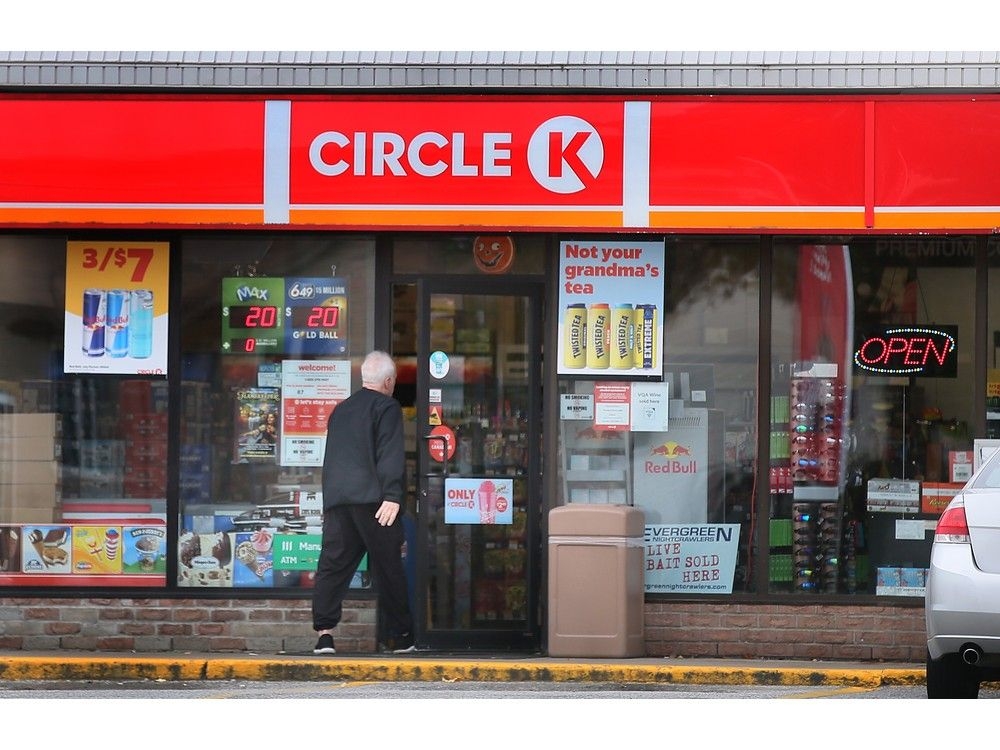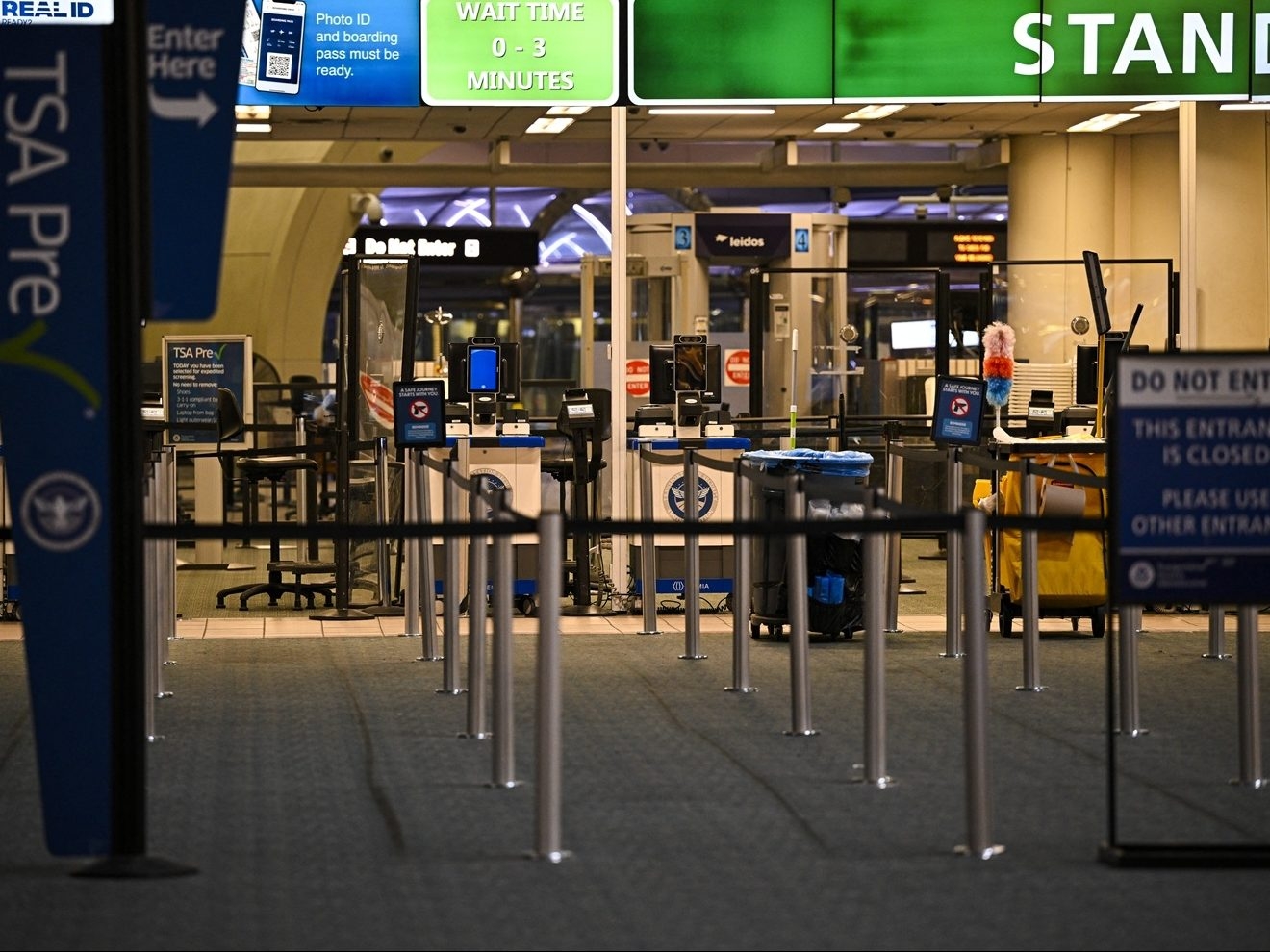A Windsor judge has halted sentencing for a man who terrorized local convenience stores, demanding justification for a proposed two-year sentence. The case of Luke Lachance, 37, has raised questions about balancing leniency with public safety and the impact of violent crime on vulnerable workers.
Last spring, a wave of late-night robberies gripped Windsor and Tecumseh. Lachance, masked and wielding a knife, systematically targeted convenience stores, threatening lone clerks with harm. Each encounter followed a chilling pattern: demands for cash, stolen cigarettes, and even beer, all under the threat of violence.
Justice Scott Pratt expressed serious concerns over the proposed sentence, given the sheer number of offenses – nine knifepoint robberies. He questioned whether it adequately reflected the severity of Lachance’s actions and the potential erosion of public trust in the justice system.

The proposed agreement included a further reduction of nine months for time already served in pre-trial custody. This brought the potential jail time significantly below what might be expected for such a series of brazen crimes, prompting the judge’s intervention.
The robberies unfolded rapidly, spanning just three weeks between mid-April and early May. Almost all the targeted businesses were Circle K convenience stores, each subjected to the same terrifying scenario: a masked figure, a visible knife, and a demand for money.
Surveillance footage proved crucial in the investigation. Lachance didn’t wear gloves, leaving behind fingerprints that linked him to multiple robberies. Detectives eventually apprehended him leaving an apartment building on Lauzon Road, bringing an end to the spree.
The arrest followed a public appeal for information from the Windsor Police Service. The images released to the public helped solidify the case, leading investigators directly to Lachance.
Defence lawyer Paul Esco painted a picture of a troubled man, describing Lachance as “articulate, extremely polite,” and genuinely remorseful. He revealed Lachance suffers from schizophrenia and is now receiving medication, a condition exacerbated by past drug use.
Esco detailed a difficult past, including a severe brain injury sustained in a car accident at age 12 and a tumultuous upbringing that led to eviction as a teenager. These factors, he argued, contributed to Lachance’s actions.
While acknowledging Lachance’s potential for rehabilitation, assistant Crown attorney Melissa Bachalo emphasized the vulnerability of the victims. These were individuals simply trying to earn a living, subjected to the fear of assault and robbery while working late-night shifts.
Bachalo highlighted the psychological trauma inflicted upon the store clerks, stressing their right to work without the constant threat of violence. The Crown acknowledged Lachance’s honesty and willingness to address his mental health and addiction issues, but maintained the seriousness of the crimes.
The judge has requested both the defence and prosecution provide case law supporting the proposed sentence. The hearing has been adjourned until December, leaving the fate of Luke Lachance – and the message it sends about violent crime – hanging in the balance.





